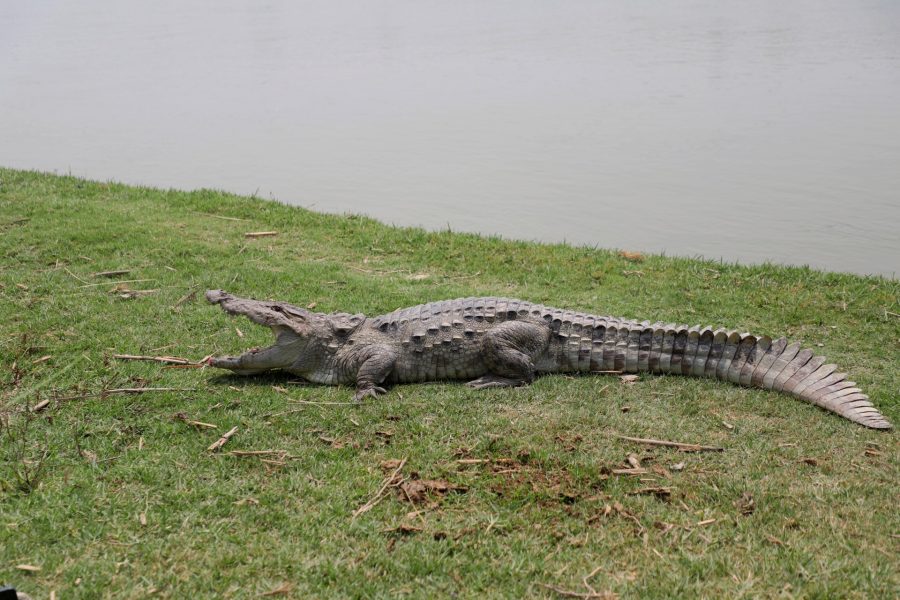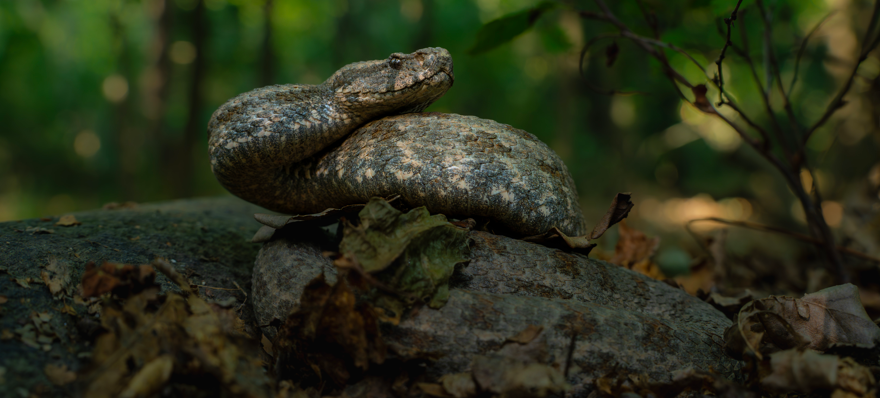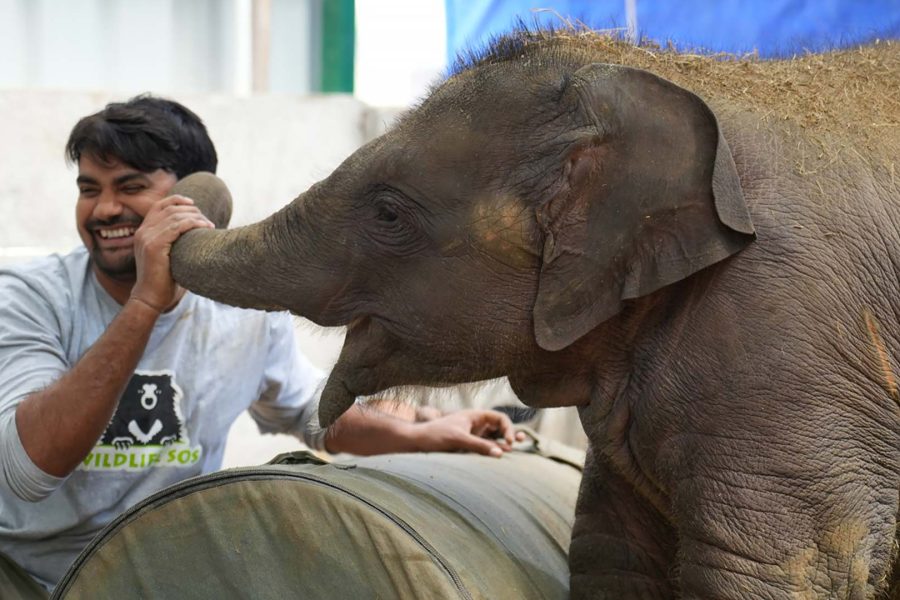
The olive ridley sea turtle is considered to be one of the most abundant sea turtles; however, due to a significant loss in nesting sites and its population, it is now considered endangered. Therefore, a small team from Wildlife SOS put together a project to see what could be done to help the turtle successfully produce hatchlings.
The program was launched in North Kerala by a team led by Mavish Kumar. Kumar has broad experience working with and rescuing reptiles. For the last 16 years he has been helping the Kerala forest department both with its anti-poaching efforts and with rescuing and releasing reptiles. To date he has rescued 3 king cobras, 3934 cobras, 554 vipers, 43 saws scaled vipers, 903 pythons and 777 other non-poisonous snakes. In 2012, Kumar was honored for his lifesaving efforts with the Kerala Forest Department’s 2012- Best Reptile Rescuer Award.
This is the first year that Wildlife SOS worked on the Olive Ridley Conservation Project. It began just after the New Year on January 2. Mavish Kumar noticed a turtle nest within the high tide line. He had the team build a sand bag wall consisting of three layers of sand bags (20 in each layer) around the nest to protect it from the rough seas and high tide. They also constructed a net fence around the nest. They then cleaned the area half a meter deep and two meters wide to protect the eggs from fungal infections. Kumar notes, “This is the first time this cleansing process has been used in India.†They did all of this without disturbing the eggs. Then they waited and monitored.

Their diligence and patience was rewarded on day 47 when there were 4 hatchlings and on day 48 there were an additional 92. That made for 96 hatchlings in all from the one nest. All 96 were released on February 20 at 10:25 pm. Mavish Kumar states, “I am thrilled with the success of this project. Usually we would transfer the eggs in these environmental conditions. However, it is great to be able to use a methodology that leaves the eggs in the original nest. We can protect the olive ridley sea turtles, but it will be a long term effort consisting of team work, beach nourishment and awareness programs. With the release of these 96 hatchlings, we have a promising start.â€





